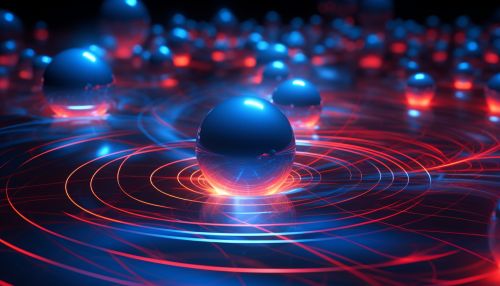The Physics of Quantum Mechanics in Quantum Computing
Introduction
Quantum mechanics is a fundamental theory in physics that provides a description of the physical properties of nature at the scale of atoms and subatomic particles. Quantum computing is a type of computation that utilizes quantum bits, or 'qubits', which can exist in multiple states at once, thanks to the principles of quantum superposition and quantum entanglement. This allows quantum computers to process a higher number of calculations simultaneously, making them potentially far more powerful than traditional computers for certain tasks.


Quantum Mechanics and Its Role in Quantum Computing
The principles of quantum mechanics are integral to the operation of quantum computers. The two key principles of quantum mechanics that enable quantum computing are quantum superposition and quantum entanglement.
Quantum Superposition
Quantum superposition is a fundamental principle of quantum mechanics that allows particles to exist in multiple states at once. This is in stark contrast to classical physics, where a particle can only be in one state at a time. In the context of quantum computing, a qubit can be in a state of 0, 1, or any superposition of both.
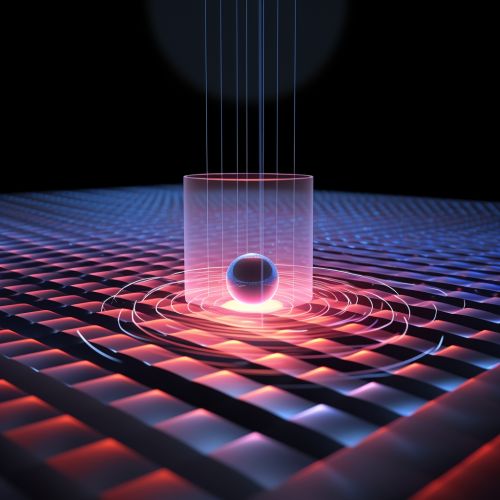

Quantum Entanglement
Quantum entanglement is another fundamental principle of quantum mechanics. It is a phenomenon where two or more particles become interconnected and the state of one particle can instantly affect the state of the other, no matter the distance between them. This property is used in quantum computing to link qubits together in a way that amplifies their computational power.

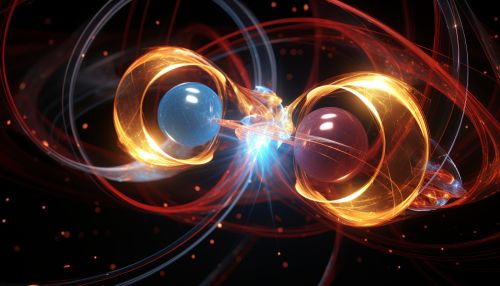
Quantum Computing: An Overview
Quantum computing utilizes the principles of quantum mechanics to perform computations. Quantum computers use qubits, which, unlike classical bits, can exist in multiple states at once. This allows quantum computers to process a vast number of calculations simultaneously.
Qubits
A qubit is the fundamental unit of quantum information. It is a quantum system that can exist in any superposition of its two basis states. The two states are usually denoted as |0⟩ and |1⟩, analogous to the binary '0' and '1' used in classical computing.
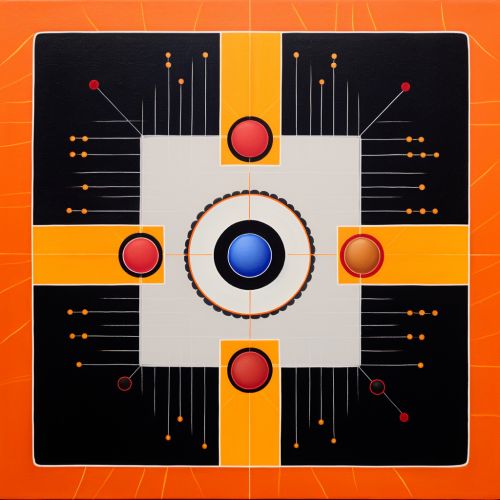
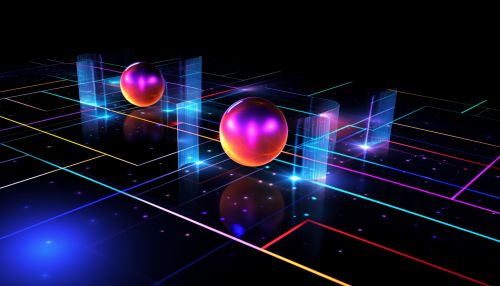
Quantum Gates
Quantum gates are the basic building blocks of quantum circuits. They are operations that can be applied to a set of qubits. Quantum gates are analogous to classical logic gates, but they operate on qubits rather than bits. The most common quantum gates include the Pauli-X, Pauli-Y, Pauli-Z, Hadamard, Phase, π/8, and Controlled NOT (CNOT) gates.

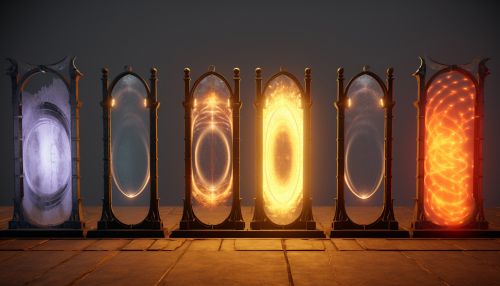
Quantum Algorithms
Quantum algorithms are algorithms which can be run on a quantum computer. They take advantage of the principles of quantum mechanics to solve certain problems more efficiently than classical algorithms. Some of the most well-known quantum algorithms include Shor's algorithm for factoring large numbers, and Grover's algorithm for searching unsorted databases.
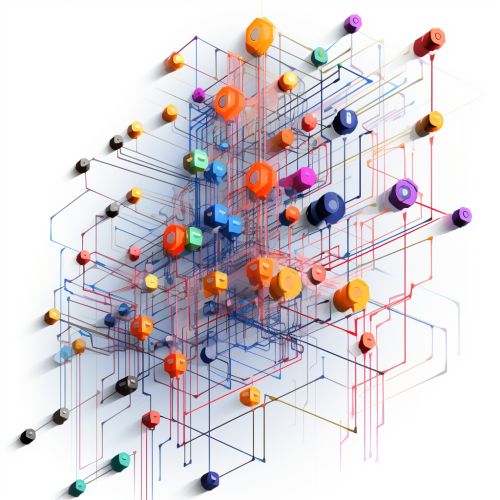
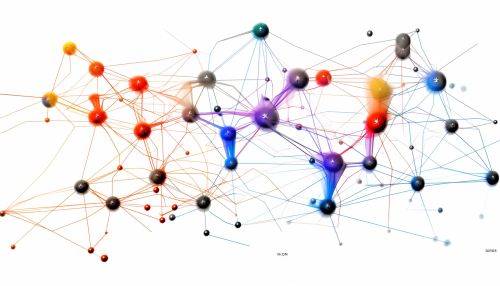
Quantum Error Correction
Quantum error correction is a set of techniques to protect quantum information from errors due to decoherence and other quantum noise. Quantum error correction is essential for the practical realization of large-scale quantum computers.

